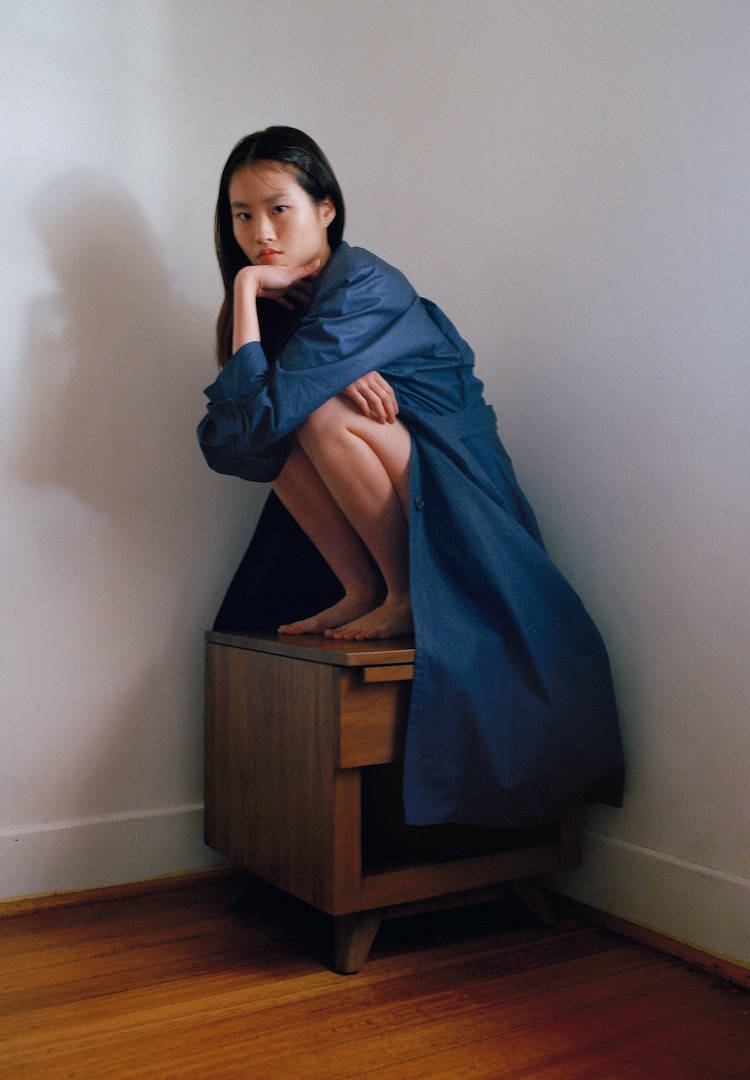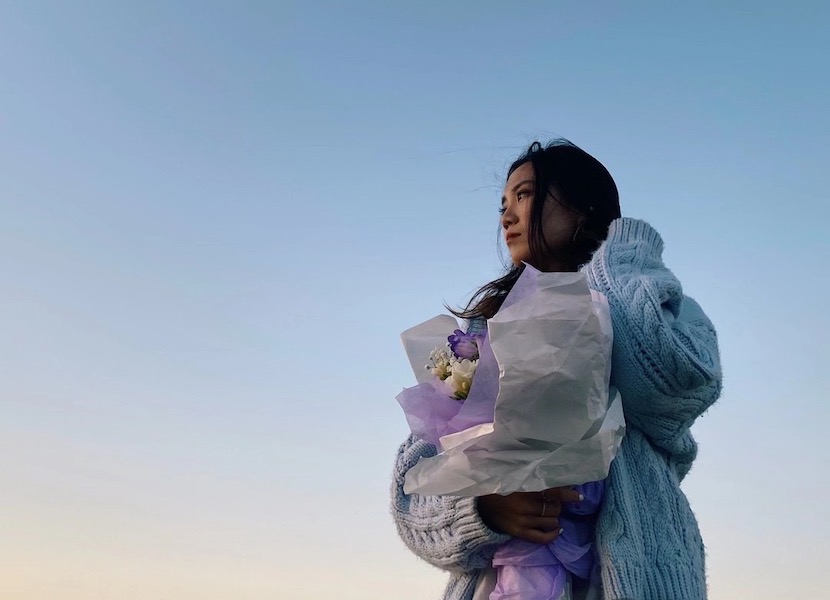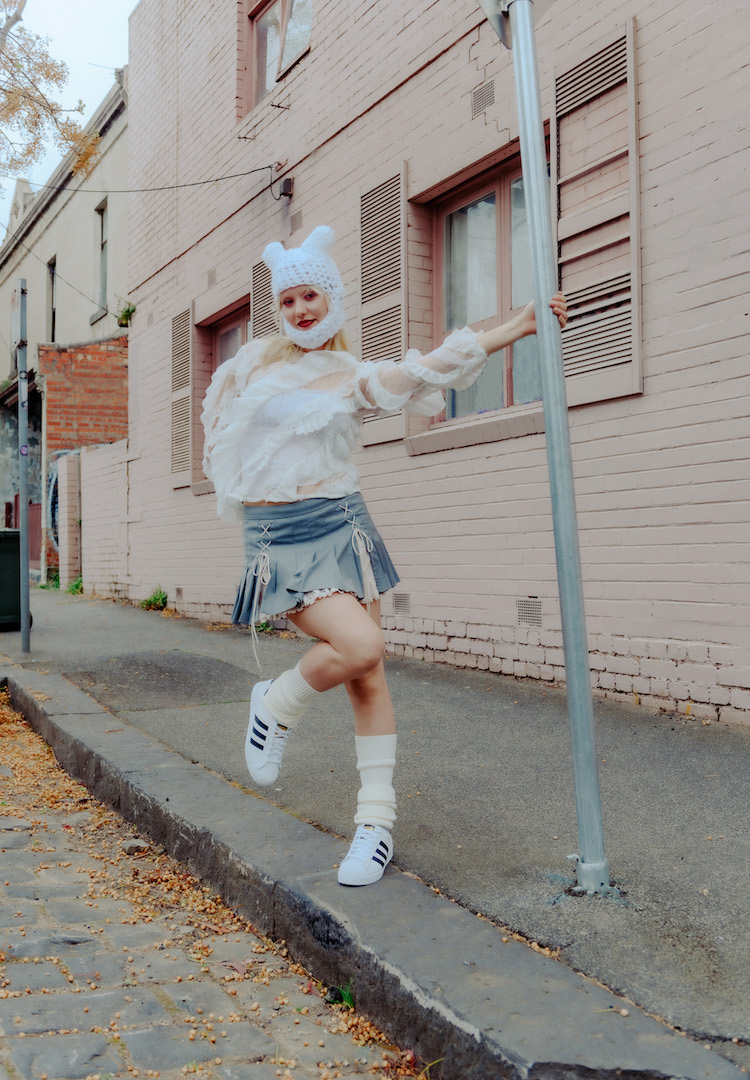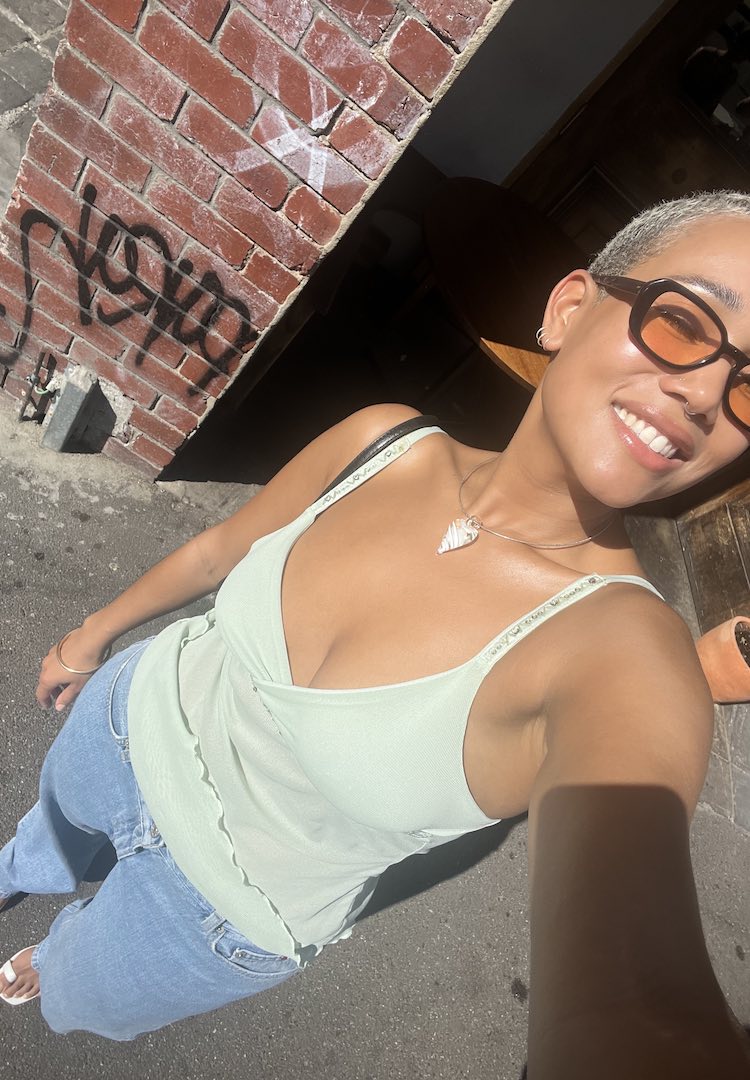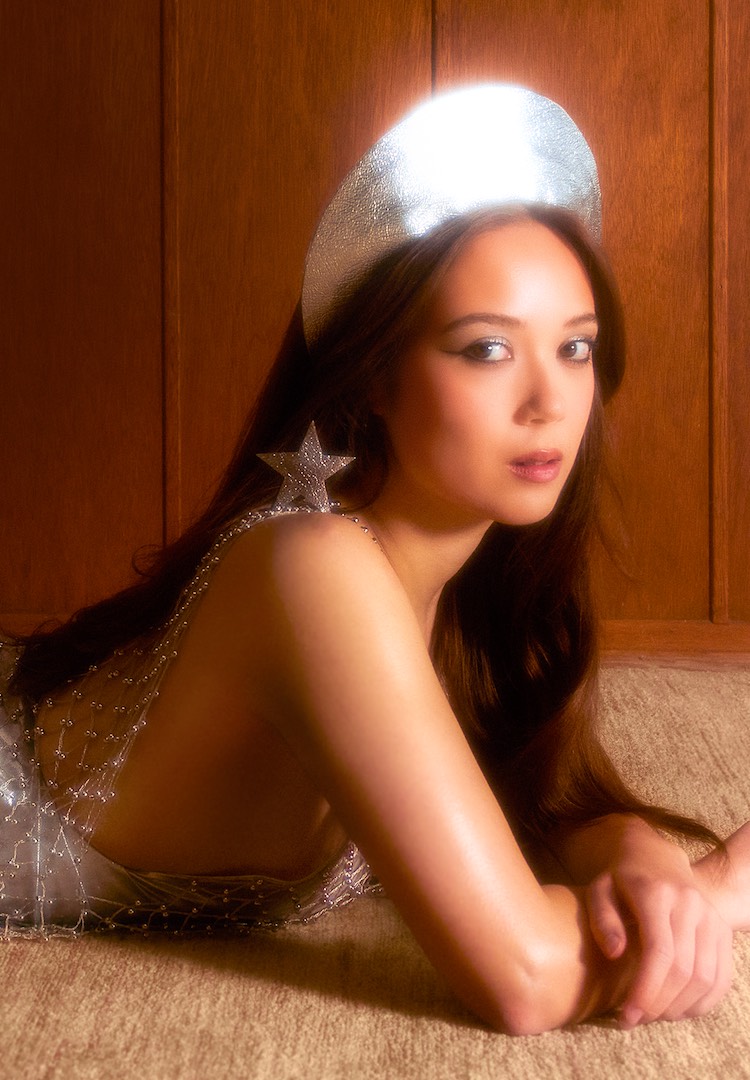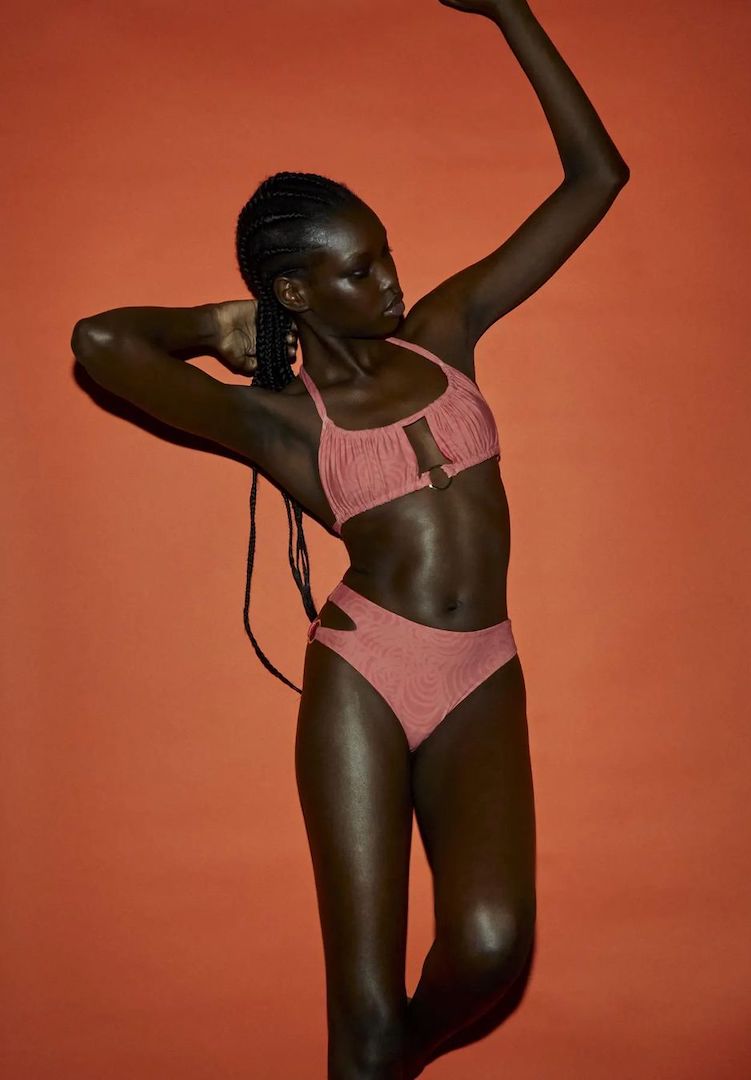As an Asian-Australian woman, what does my name reveal about me?
PHOTOGRAPHY BY JOANNA LYU
WORDS BY LUCY XU
What’s in a name?
Lucy Sixue Xu, that’s my full name. The name quite correctly articulates my Chinese upbringing and my Australian nationality. Isn’t it both weird and wonderful how much our sense of self is connected with our name, and yet we have so little control over it?
Like most people, I mostly just go by Lucy Xu, the middle name rarely gets mentioned. In this instance, however, I want to give an appreciative nod to ‘Sixue’ and the beautiful sentiment behind it.
‘Sixue’ is my Chinese name. Si (思) means thinking or missing, Xue (雪) means snow. When these two Chinese characters are combined together, it quite literally means thinking of snow. My dad gave me this name as on the day that I was born in Sydney, it was snowing in Beijing, which is where my family comes from.
As a young kid, I never dwelled on these details; people called me Lucy and Lucy is the person I have become. The Asian kids around me, we all called each other by our English names, too.
I admit, my Chinese name is a pain in the ass to pronounce for people who are not familiar with the Chinese dialect. ‘Sixue’ was never any trouble because no one pays attention to the middle name.
But my last name ‘Xu’ is a different scenario. I have heard all sorts of pronunciations, but the most popular one is ‘Zoo’, when in fact it’s more like a ‘Sheu’. If you are curious to learn how to actually pronounce it, here is a tutorial.
Don’t get me wrong, it’s completely okay to mispronounce my last name. If I were to encounter a French guy anytime soon, I would butcher ‘Lefebvre’ so badly that he would probably turn around and leave.
As I grew up, it became more significant to me how much our sense of identity is associated with our names from an early age, both ingrained by ourselves, and from those around us.
I think my first realisation of feeling different was through roll call at school. My name would normally be immediately followed by slight apprehension: “Lucy… Zoo?”.
I was never brave enough to correct people as I so desperately wanted to fit in, to feel like the rest of the kids in the classroom – kids whose names weren’t followed by a question trail.
I didn’t realise it at the time, but that feeling of being ‘other’ impacted my life in many ways. In high school, the Asian kids were usually at the back of the line, because that’s where all the Wangs, Yangs and Zhangs are.
Of course, this is just a complete coincidence, but the younger me felt a true sense of acceptance and belonging in those trivial moments.
I’ve often wondered how the response would be different if I changed my last name to a more English-sounding one for my CV. For a long time, I was burdened with the idea that being Asian was hindering my ability to succeed or be seen as equal.
Unfortunately, when stereotypes are projected onto a name, it diminishes our capacity to make genuine connections and negatively impacts our perceptions of each other.
Where does this self-consciousness about my name come from? I think it comes from an unspoken belief that being Asian was different – it wasn’t cool. When there are very few Asian faces on mainstream Australian television, it’s hard to feel like you genuinely belong.
Today, the surge of conversations surrounding media and workplace diversity has certainly helped me to embrace my sense of identity. Instead of feeling out of place with my name, I put emphasis on how I can use this to my advantage. How can I use my voice and my background to further Asian-Australian conversations and representation?
I am very grateful for the name that was given to me by my parents, as it helps me appreciate my Chinese heritage and be proud of my multicultural identity.
So, what is my current name status? Call me Lucy, and if you are willing to give Sixue (思雪) a try, go for it! But one thing is for sure – I will no longer shy away from proudly owning my full name.



